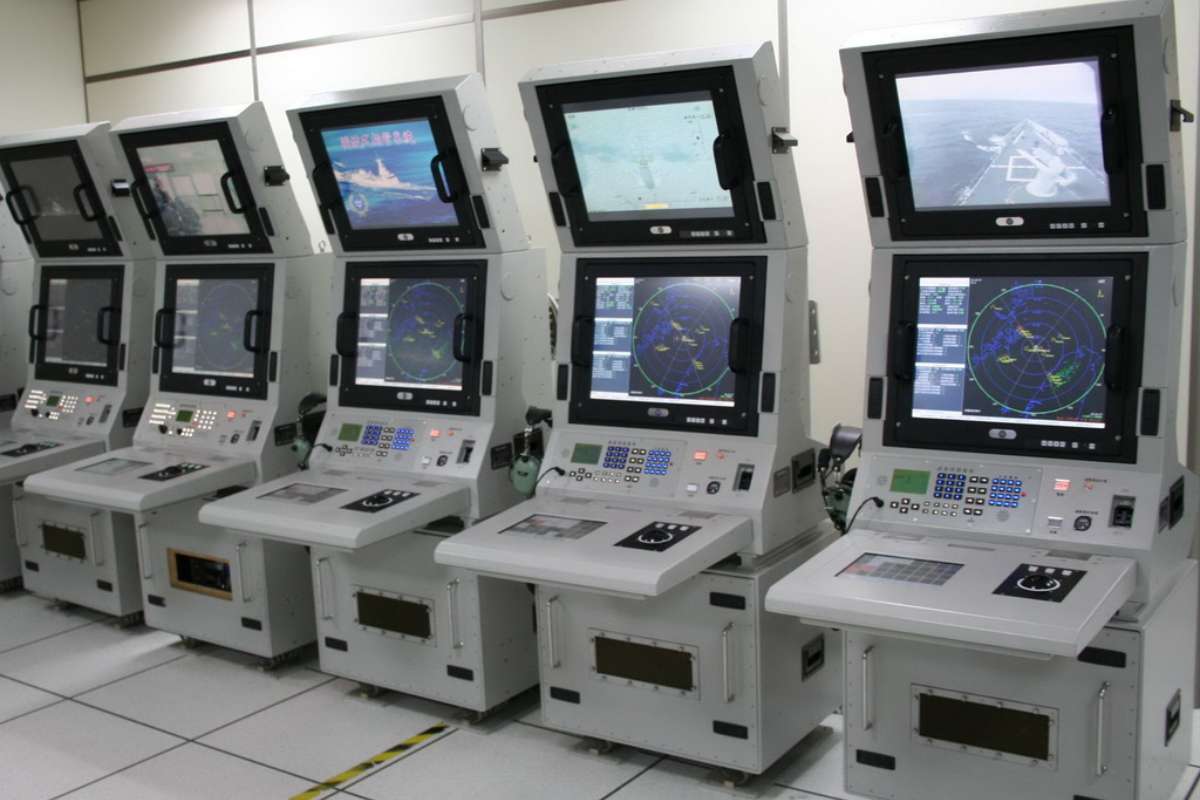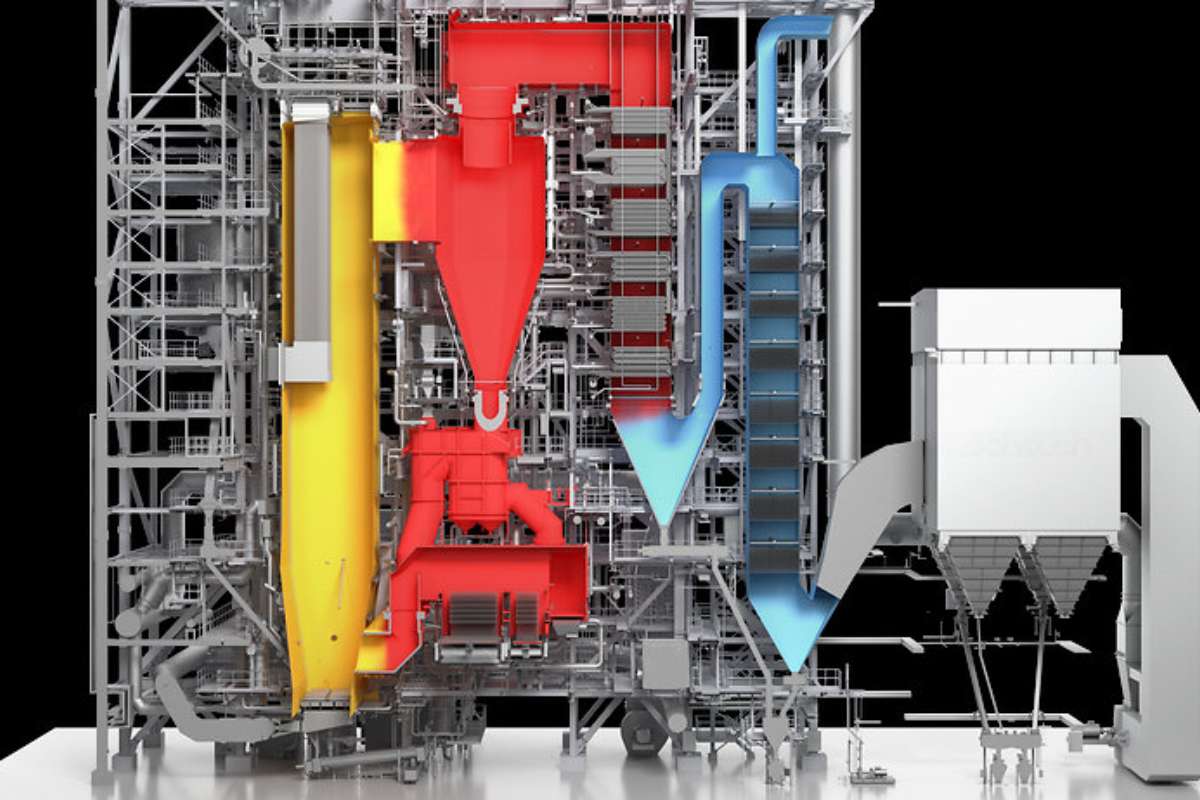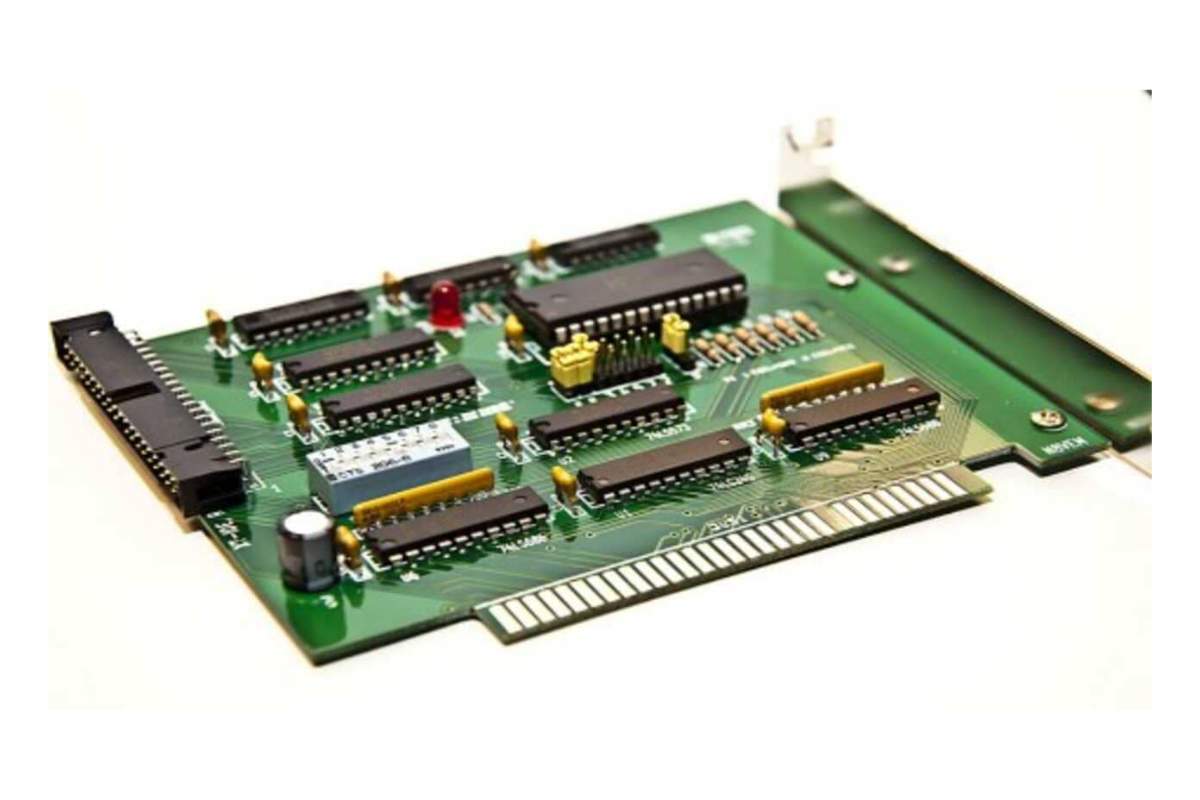ncsist.org.tw
The dominance of AI, machine learning, 5G, and other next-generation technologies has given a major boost to various industries. However, the most impacted industry with substantial growth is the CMS market. The use of next-generation technologies have enhanced several factors like situational awareness, operational efficiency, and real-tie decision-making processes.
The modernization efforts in the defense sector, especially in the up-and-coming markets like that of the APAC have drawn significant investments in combat management system technologies. Additionally, the rise of asymmetric threats like terrorism and piracy is increasing at a rapid rate, which has increased the demand for CMS solutions.
In this article, let us have a look at some of the opportunities for the growth of combat management systems in these lucrative markets.
Integration of Next-Generation Technologies

marketconnectionsinc.com
Combat management systems have actively integrated advanced technologies such as 5G and Internet of Things (IoT) and this has led to immense growth in the market. With the entry of 5G networks, the defense systems have become stronger; considering how they provide crucial features like high speed and low-latency. This has allowed real-time data transmission and has also made decision-making process faster. This is particularly important for CMS, which relies on the rapid exchange of data between various military units and platforms to maintain battlefield superiority.
For example, by optimizing the speed of 5G, CMS can have seamless communication between command centers, unmanned systems, and ground forces. High speeds of 5G allow for a near-instantaneous exchange of information, and by leveraging this, military commanders can make better informed decisions. This is vital for managing complex, real-time situations, such as joint naval and air force operations.
Similarly, the integration of IoT devices within CMS offers improved situational awareness and operational efficiency. IoT connects various defense system components, such as sensors, drones, and vehicles, to create a unified defense network. This network can collect, share, and analyze vast amounts of data in real time, giving commanders a comprehensive view of the battlefield. Such advancements result in more sophisticated and responsive CMS solutions, further driving demand in the market.
Expansion into Emerging Markets
The global Combat Management System market is also expanding rapidly into emerging regions, particularly Asia-Pacific and the Middle East. These regions have experienced significant growth in defense spending and modernization initiatives, creating substantial opportunities for CMS providers.
Countries like India, China, and Saudi Arabia are increasing their defense budgets to modernize their armed forces and enhance national security. India, for example, has made significant investments in upgrading its military technology, including combat systems for the Navy and Air Force. The demand for CMS in these regions is driven by the need to enhance operational efficiency and strengthen defense capabilities in response to rising geopolitical tensions.
In addition to government contracts, CMS providers can also capitalize on public-private partnerships to penetrate these markets. Emerging markets are increasingly recognizing the importance of technology transfer, which offers CMS companies opportunities to work with local defense firms and establish long-term relationships with defense ministries. This collaboration can lead to the co-development of CMS solutions tailored to the specific needs of each country.
Growing Demand for Network-Centric Warfare

dotshock
Another key factor contributing to the growth of the CMS market is the increasing focus on network-centric warfare. This military approach emphasizes the integration of various platforms and real-time information sharing to achieve operational efficiency and battlefield dominance. Network-centric warfare aims to enhance collaboration among different military branches, such as ground forces, air units, and naval fleets.
CMS are essential for implementing network-centric warfare strategies because they enable seamless communication between different platforms and units. These systems ensure that all forces have access to real-time data, improving coordination and decision-making. In a network-centric operation, for instance, a CMS can provide naval commanders with real-time updates on enemy positions, allowing them to coordinate more effectively with air and land forces.
As military forces worldwide continue to prioritize network-centric warfare, the demand for advanced CMS solutions is expected to grow. Defense organizations are increasingly investing in CMS that can facilitate seamless communication and real-time data sharing across multiple platforms. These systems are also being integrated with advanced analytics and artificial intelligence (AI) to predict enemy movements and optimize military strategies.
Market Opportunities for CMS Providers

shephardmedia.com
Given these trends, the global CMS market offers significant growth opportunities for defense companies. The integration of next-generation technologies, such as 5G, IoT, and AI, allows CMS providers to offer more advanced, customizable solutions. By incorporating these technologies, companies can develop CMS that provide better situational awareness, faster decision-making, and enhanced operational efficiency.
Additionally, the expansion into emerging markets presents lucrative opportunities for CMS providers looking to secure government contracts. Countries in Asia-Pacific and the Middle East are eager to modernize their defense systems, creating a demand for cutting-edge CMS solutions. Providers that establish strong relationships with local governments and defense contractors can capitalize on this trend and secure long-term growth.
Lastly, the growing emphasis on network-centric warfare offers CMS providers the chance to develop solutions that enhance real-time data sharing and operational coordination. As military forces continue to adopt network-centric strategies, CMS that support these operations will be in high demand. Providers that can offer innovative, flexible solutions that adapt to the changing needs of the battlefield will have a competitive edge in the market.
Conclusion
The global CMS market is experiencing substantial growth, fueled by technological advancements, expansion into emerging markets, and the shift toward network-centric warfare. The integration of 5G, IoT, and AI into CMS solutions is enabling more sophisticated and responsive systems that enhance real-time data sharing and decision-making capabilities.
As countries in regions like Asia-Pacific and the Middle East continue to increase defense spending, the demand for CMS solutions is expected to rise. Providers that can offer cutting-edge, customizable solutions and establish strong relationships with local defense contractors will have the opportunity to capitalize on these emerging markets.
Furthermore, the growing focus on network-centric warfare is driving demand for CMS that can integrate various platforms and enhance real-time communication. CMS providers that develop flexible, innovative solutions to meet these needs will be well-positioned to succeed in this rapidly growing market. As the defense industry continues to evolve, Combat Management Systems will play an increasingly critical role in ensuring the success of military operations worldwide.












